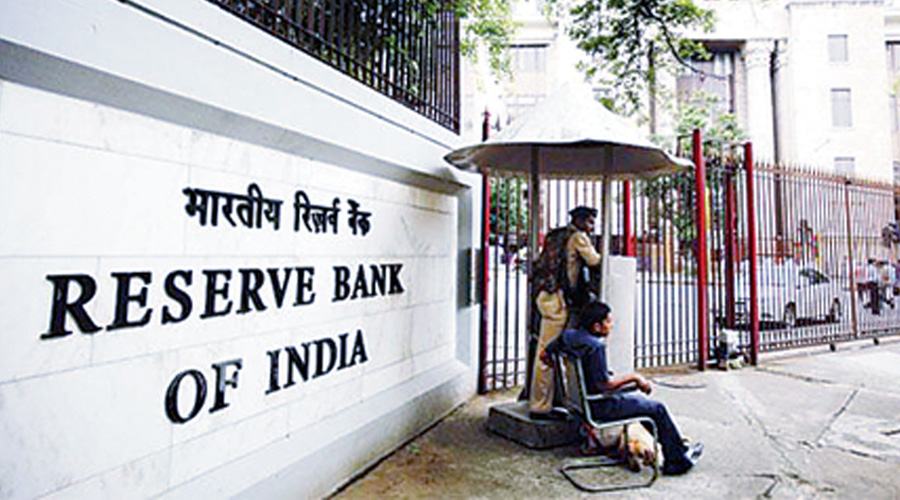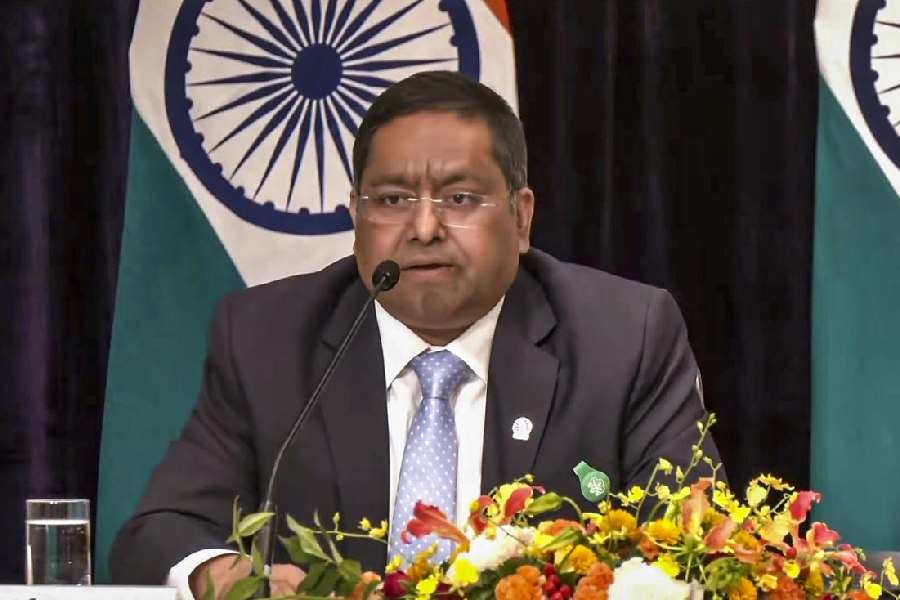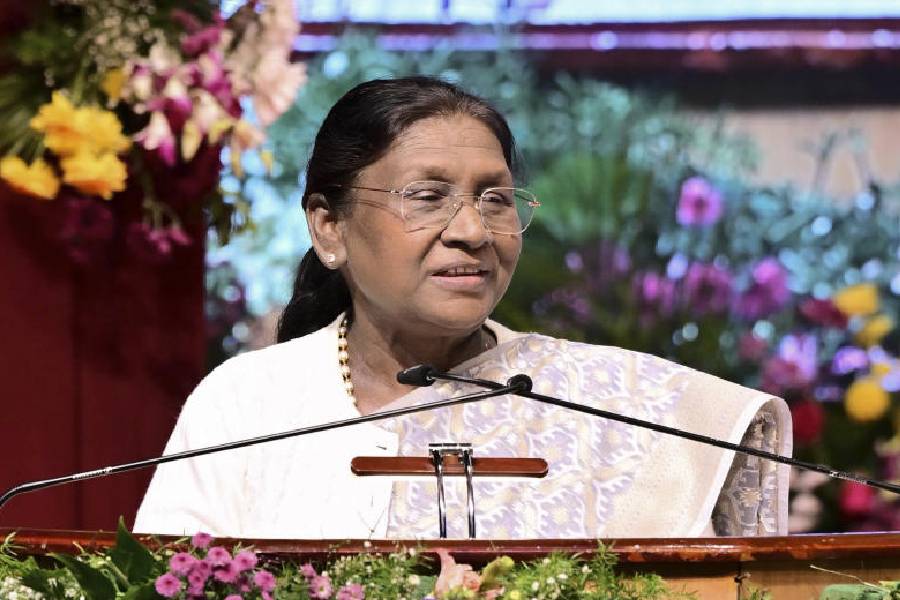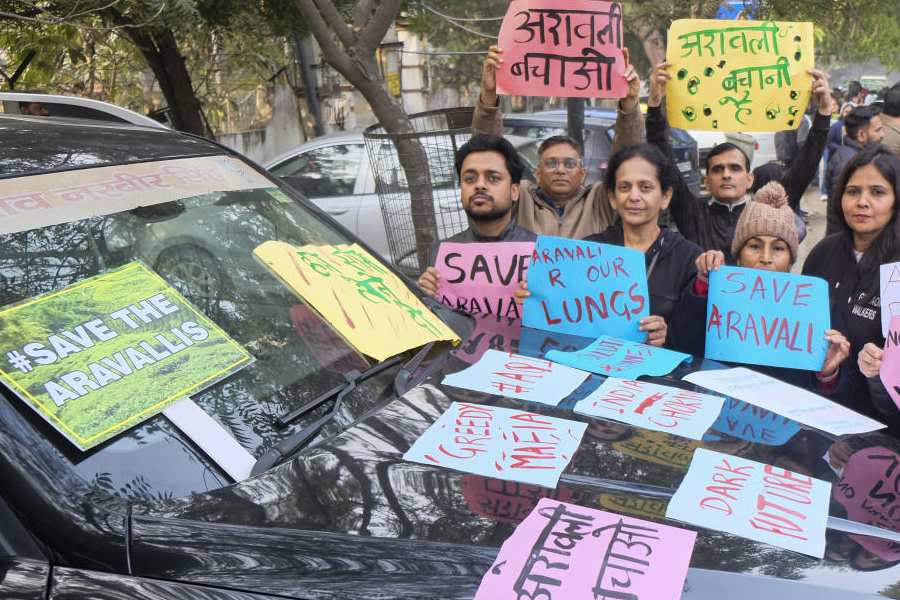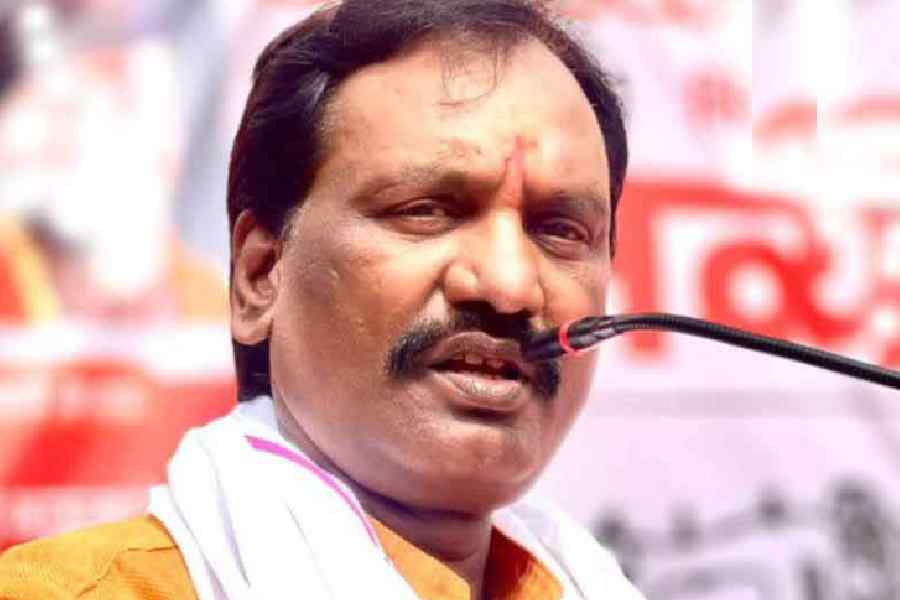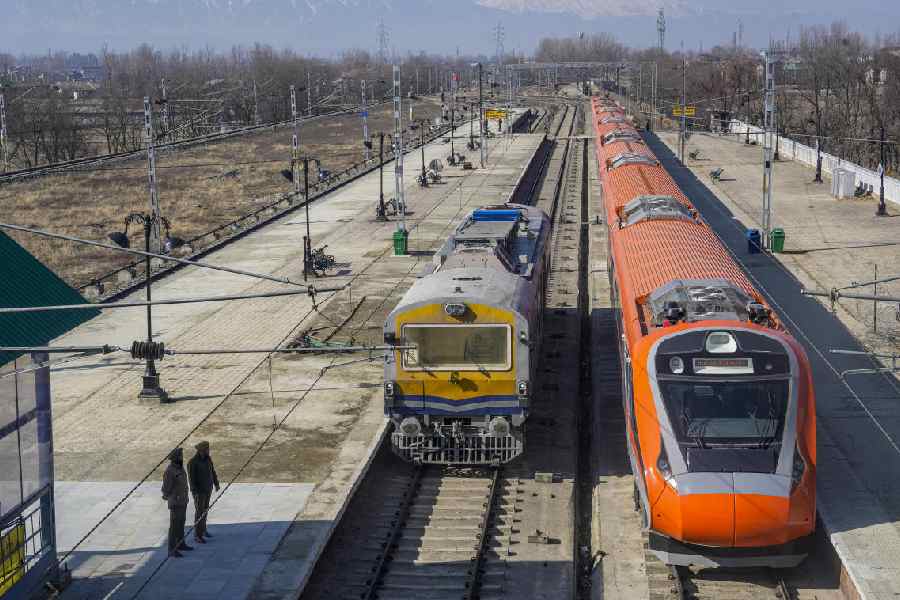An NGO has urged the Supreme Court to direct the Reserve Bank of India and the Centre to grant moratorium on housing and other loans to borrowers, particularly the middle class, which according to the organisation is the worst affected in terms of financial distress and job losses on account of the second Covid-19 wave.
In a petition filed in the top court, the NGO Distress Management Collective has also pleaded that the RBI and the banks should be directed not to declare any assets of borrowers as NPAs (non-performing assets) for non-payment of EMIs at least for the period from April to August this year and consider rolling out a financial package primarily focusing on “the severely affected sections of the society and also keeping in mind an imminent third wave”.
The petition filed through advocate Jose Abraham has stated that scores of middle class people who have availed loan from banks are facing extreme distress and are unable to pay their EMIs since the onset of the second Covid wave, particularly due to the lockdowns announced by different states.
Citing various news and research reports, the petition stated that the second wave of Covid-19 is pushing India’s middle class towards poverty with an estimated 32 million people losing their jobs and sources of livelihood.
The petition said: “The weekly extension of lockdowns since the last one and half month has resulted in more people from the middle class losing their jobs and those who have their jobs safe at the moment are facing prospects of substantial salary cuts.
“That the petitioner organisation has also come to know from legal professionals, that many of their colleagues are severely affected by the pangs of Covid-19. It is a harsh reality that since 25th March, 2020, a big section of lawyers have shifted from cities to their hometowns.”
The NGO stated that the small and medium enterprises (SME) have also been badly jolted by the second wave of the pandemic, which had emerged at a time when the sector had hardly recovered from the blow received during the first wave.
Pointing out that the RBI had initiated a stimulus in the form of granting a moratorium on loans for six months from March to August last year, the organisation wanted a similar package for the middle class and SME sector this year as well.
The petition said that given the massive loss of jobs and sources of livelihood, merely a resolution plan or restructuring of loans would not be sufficient as there was an urgent need to grant a moratorium on loan for another six months.
The NGO urged the apex court to direct the RBI and the government to ensure that the banks do not resort to the extreme measure of declaring the assets of defaulting borrowers as NPAs.
The petition also cited news reports that stated that even chiefs of private sector banks have met the RBI authorities to pitch for a limited moratorium on payments and a wider window to restructure dues.

